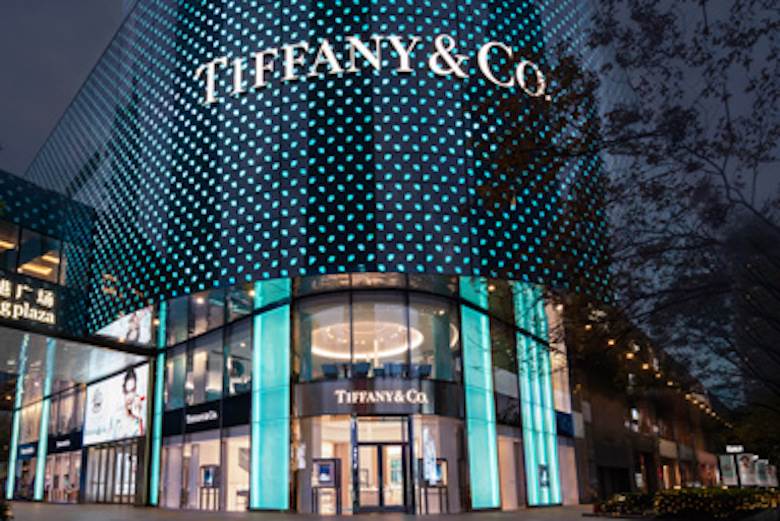Tiffany saga: LVMH files counter-suit

Luxury group LVMH has followed up on its threat to counter-sue acquisition target Tiffany, filing a case at a court in Delaware.
Both companies agreed to the acquisition in November 2019 but the deal has not been completed. Tiffany has sued LVMH, accusing it of dragging the deal out to make its conclusion before a deadline of November 24 impossible.
Now LVMH has counter-sued. It blames Tiffany for the deal’s failure and says a material adverse effect has occurred. This could still mean that it would seek to conclude the acquisition, but at a later date and for a lower price than the companies originally agreed, around $16 billion.
Confirming it had filed the counter-suit, LVMH said a material adverse effect had occurred because of covid-19. It said Tiffany’s management team had not asked for a “carveout” or exemption for a public health crisis. It did ask, in negotiating the deal, for carveouts relating to protests in Europe and Hong Kong and to cyberattacks, not a pandemic. “In contrast, hundreds of other merger agreements executed in the decade preceding the merger agreement contained express pandemic or epidemic carveouts,” LVMH said.
The Paris-based group added: “The pandemic, whose effects are devastating and lasting on Tiffany, has irrefutably caused a material adverse effect. This clause alone would be enough to prevent the closing, but there are other arguments that reinforce LVMH’s position.”
These other arguments include the contention that the Tiffany management team made the difficult situation imposed by the pandemic worse by “paying the highest possible dividends while the business was burning cash and reporting losses”. LVMH said no other luxury company had done this during the crisis.
It also cited a letter it had received from France’s foreign affairs minister, Jean-Yves Le Drian, “directing” it to postpone the Tiffany deal until 2021.











